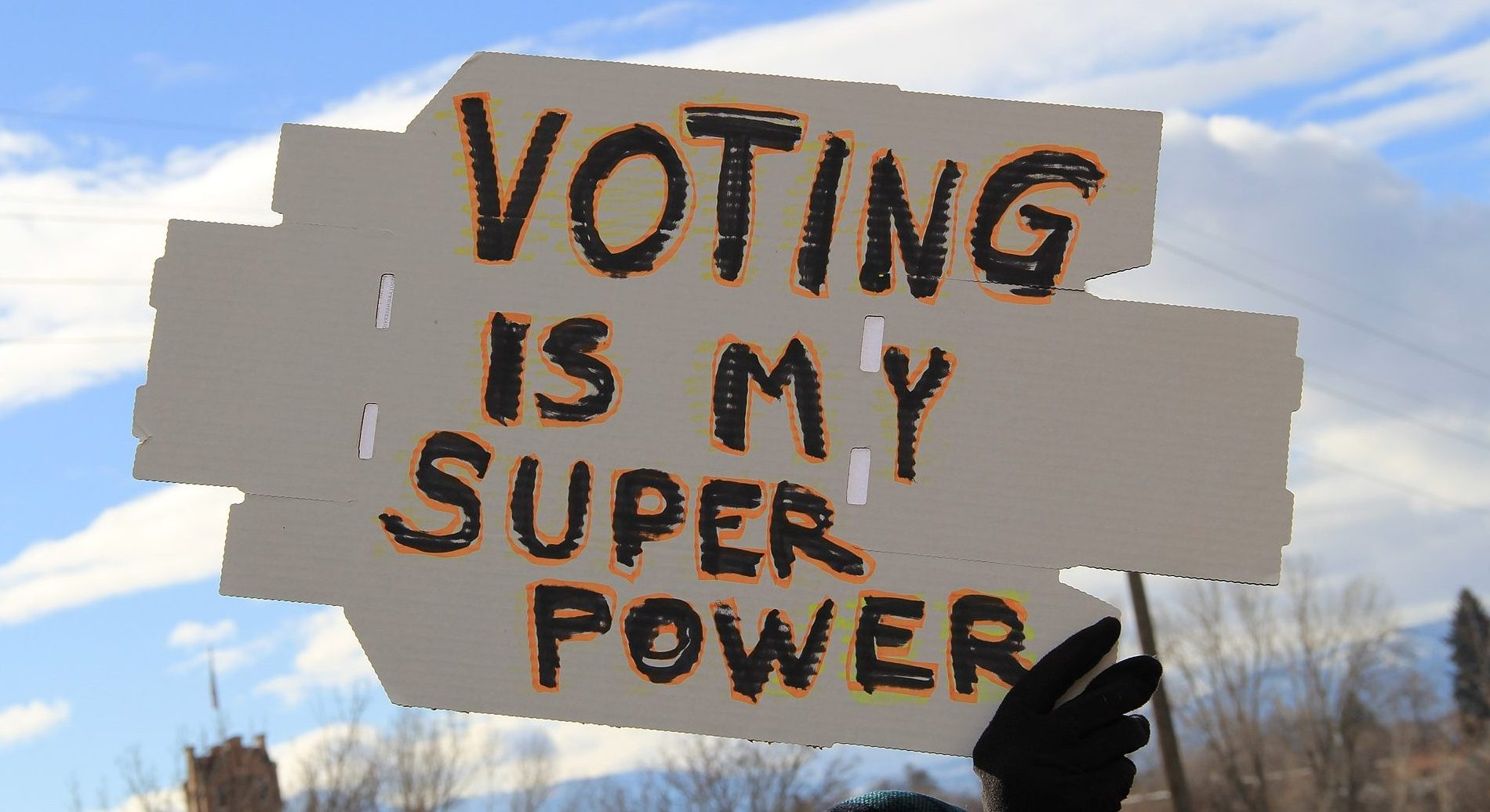On Nov. 6, voters will go to the polls for Election Day 2018. While pundits often decry young voters’ poor turnout, being a college student provides extra challenges to voting, namely the process involved in absentee voting. Requesting an absentee ballot often needs to be done by mail, and the ballot then needs to be mailed to the student, filled out, and sent back before Election Day. Three pieces of mail are required for absentee voters to reach the ballot box, which means if they do not start thinking about voting more than a month before the election, their vote will not make it in time.
We believe that it should be easy for everyone, including college students like ourselves, to cast a ballot and have a say in who represents us. Voting is habitual, and making it easy for college students to vote will lay the foundation for an engaged electorate and healthy democracy in the future.
Even with the high levels of motivation for rank and file voters of each party, because it is a midterm election, this year’s voter turnout is likely to be depressed. The last five midterm elections have had an average turnout of 39 percent of the voting eligible population, compared to 59 percent in the last five presidential elections. Turnout is even worse among young people, and if recent trends continue, only about 20 percent of voters aged 18 to 29 will go to the polls this November.
The time required and burden of planning ahead means some students will miss voting because they began the process too late. Even for those students who do remember to request and submit their ballots, many need to buy stamps before mailing their ballot home. While the financial burden this imposes is small, we object in principle to this because it is a barrier nonetheless for students across the country.
This is not to say that a lack of stamps or procrastinating on the process of absentee voting are good excuses for college students to refrain from voting. There is no excuse not to vote, especially at Georgetown, where the university and other student organizations provide ample resources to students. GU Votes conducts a voter registration drive, and GU Politics has free stamped envelopes in their office as well as at RHOs around campus for mailing ballots and registration forms. If you are unsure of your registration status, the Andrew Goodman Foundation provides an online portal that allows you to check. These resources are in place to make sure that it is as simple as possible for Georgetown students to cast their ballots, and we commend the university for making them available to students.
While we believe that it is more impactful for students to vote in their home states, where they can impact races from the local level all the way up to federal offices, voting where you go to school is another viable option. The District is friendly to college students who wish to vote in the city. It allows for same day registration at the polls and does not obstruct students from establishing residence within the city while attending school. If a Georgetown student is unable to vote in their home state, or feels that they are more connected to the community in the District, then they absolutely should stay informed on D.C. issues and register and vote here.
Other states do not make it as simple for college students who wish to vote where they attend college. In New Hampshire, new laws have made it harder for students to vote. One, NH HB-1264, changed the definition of “residency” in state law to essentially force out-of-state students to get a New Hampshire driver’s license if they want to vote in the state, beginning next year. This presents a financial burden by requiring students to pay the $50 fee to get a new license. New Hampshire Governor Chris Sununu signed the bill into law despite saying last year that he “will never support anything that suppresses the student vote.”
Legislation like this is often accompanied by rhetoric that claims it will make elections fair for all residents. In reality, it makes voting harder, not just for college students, but also for people who move often and people experiencing homelessness. It is a tactic of voter suppression akin to photo identification laws, the purging of registration checklists, and inflexible voting hours at polling locations. Limiting access to certain groups of people means their needs are not being represented by the people in office, and they will continue to be marginalized by our political system.
Voting is the primary and essential act of citizenship that makes our democracy function, and for that reason alone it is valuable. As students at a university in the heart of our nation, we should take this civic duty seriously and exercise our right to choose who represents us. With the resources available to students at Georgetown, there is no excuse not to vote.
Voting Resources





